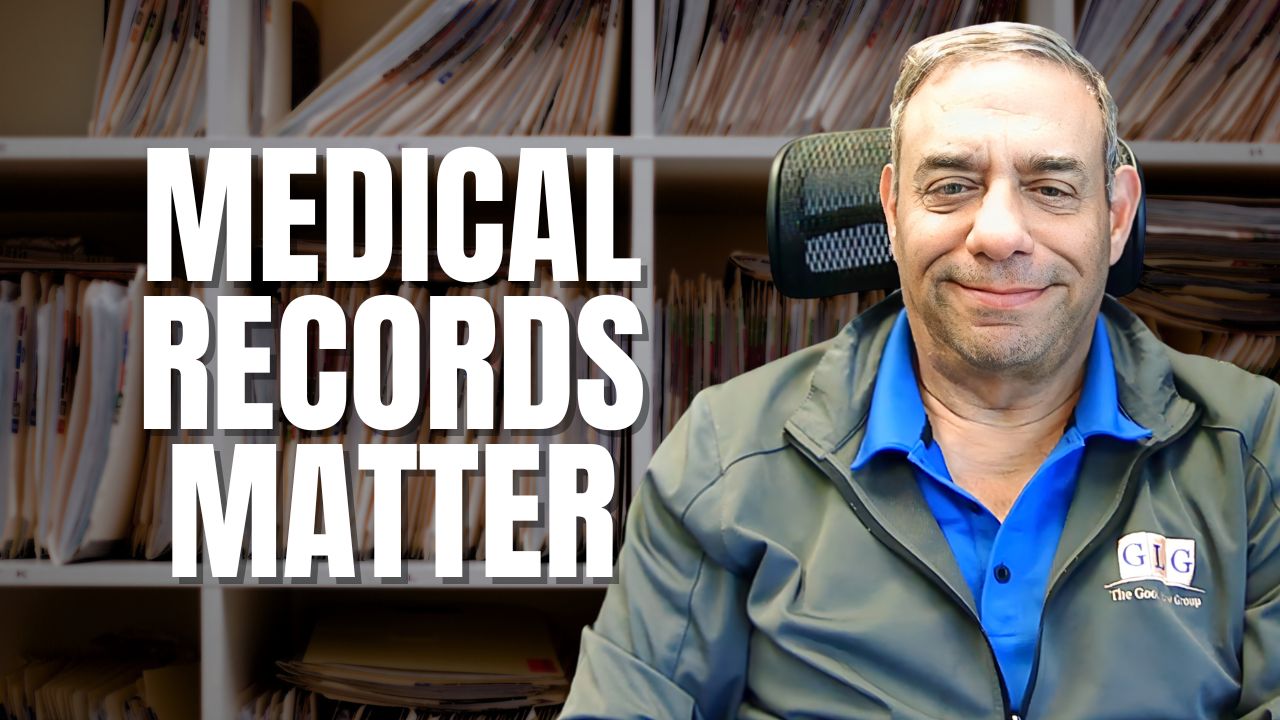Parents who have a disabled child may find it difficult to provide for the child’s care while keeping up with other financial obligations. When disabled children reach the age of legal adulthood but are unable to support themselves, it can be even more challenging for their parents to meet their needs. Fortunately, disabled adult children in Illinois may be able to draw on child’s Social Security disability benefits to help offset the cost of their care.
What are adult child disability benefits? This is a topic often cloaked in ambiguity. These benefits, known by various names, are referred to as disabled adult child benefits or child disability benefits by Social Security, distinct from Supplemental Security Income.
Are you or someone you know eligible for additional Social Security benefits? Many individuals overlook adult child disability benefits, potentially leaving thousands of dollars unclaimed. Learn how you could benefit from these often overlooked benefits in our informative video. Many people were eligible for SSI as children but never claimed their benefits. Check it out now!

Falling under Title 16, this benefit is categorized under Title 2 and is designated for individuals aged 18 to 22, requiring proof of disability onset before the age of 22. Notably, the year of disability onset is inconsequential, allowing eligibility even in later adulthood.
The primary hurdle lies in proving disability. However, eligibility hinges on a “triggering event” involving one of the parents. These events encompass the parent’s demise, receipt of Social Security disability benefits, or retirement. Surprisingly, Social Security often fails to inform individuals about these benefits, leaving many unaware of their entitlement.
Consider this scenario: an 18-year-old receives SSI, unaware of the potential for additional benefits. Years later, one of their parents experiences a triggering event. Despite the delay, the individual remains eligible for adult child disability benefits.
Moreover, if both parents are employed and one later retires, becomes disabled, or passes away, the benefit amount can increase, aligning with the higher-earning parent’s benefits. To illustrate, imagine someone on SSI since 19. If a parent becomes disabled at 60 when the individual is 36, they can still apply for adult child disability benefits, irrespective of the years spent on SSI.
Criteria for qualifying
Normally, applicants for SSD benefits will only qualify if they have spent enough time working while paying Social Security taxes. However, a disabled adult child does not need to have worked or paid taxes to the Social Security Administration. The child can qualify based on a parent’s earning record if the parent is deceased, or if the parent is currently drawing on retirement or disability benefits. The child may be awarded up to half the amount of benefits the parent receives if qualifying criteria are met.
To be eligible for SSD benefits, a disabled adult child must be older than 18. To qualify for child’s benefits, the child must have become disabled before the age of 22. Additionally, the child’s disability must prevent him or her from performing “substantial gainful activity.” For 2014, the SSA defines substantial gainful activity as work with monthly earnings exceeding $1,070. The limitations imposed by the child’s disability are evaluated with the same criteria the SSA uses to evaluate the disability of adults who were injured after turning 22.
Other sources of support
Disabled adult children who worked and paid taxes before becoming disabled may qualify for SSD benefits based on their own history of employment. However, if an adult child, who has worked, is also eligible to receive benefits based on a parent’s earning record, this arrangement may be more beneficial. Benefits based on a parent’s earnings will usually be more substantial, since the parent has worked longer and paid more in taxes. If an adult child is eligible for both types of benefits, parents should carefully compare both options.
Some disabled adult children may already receive Supplemental Security Income benefits, which are awarded to people with disabilities whose assets and income fall below a certain threshold. Receiving SSI benefits does not preclude an adult child from qualifying for SSD benefits. The adult child may even be able to obtain Medicare entitlement and a more substantial award through child’s benefits, which makes applying for these benefits worthwhile.
Awareness of adult child disability benefits is important. If you or someone you know could benefit from assistance with a Social Security disability case, don’t hesitate to reach out to us at www.thegoodlawgroup.com or via phone at 847-577-4476.








